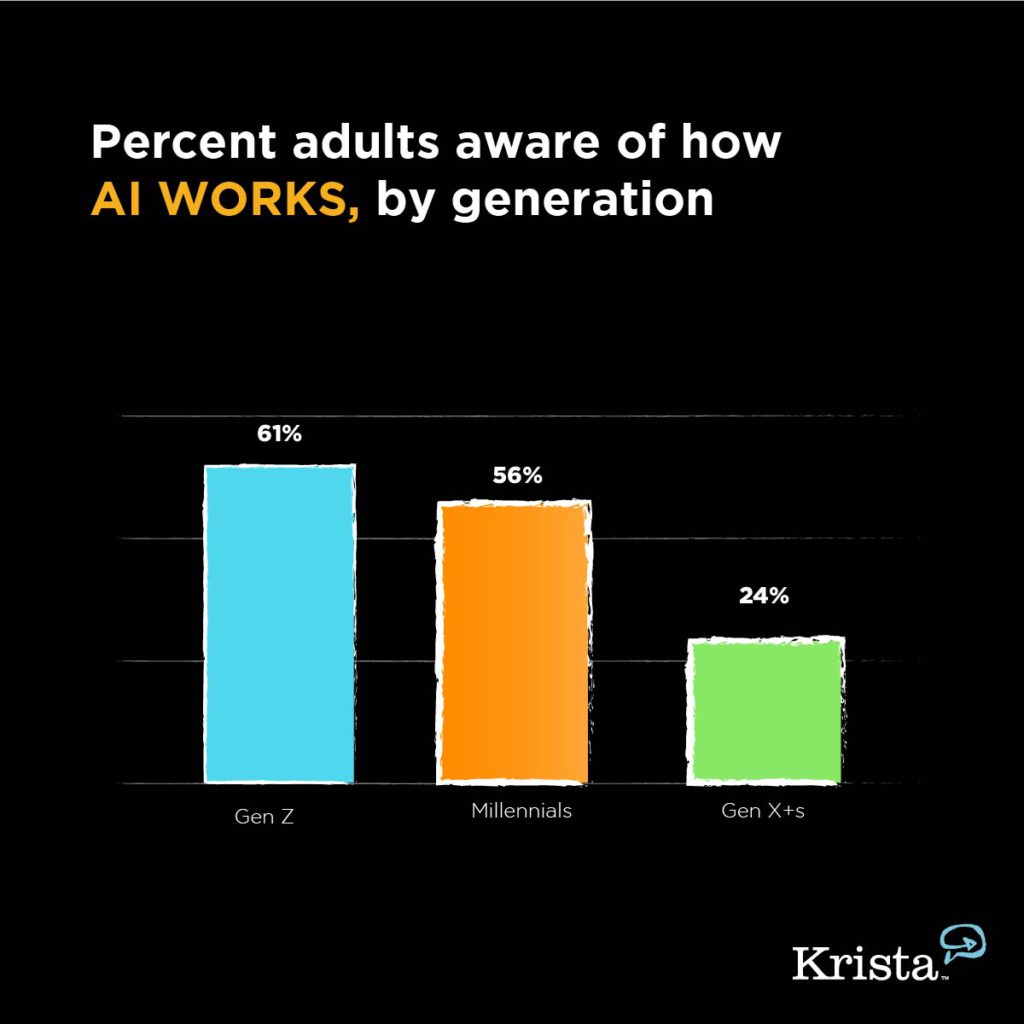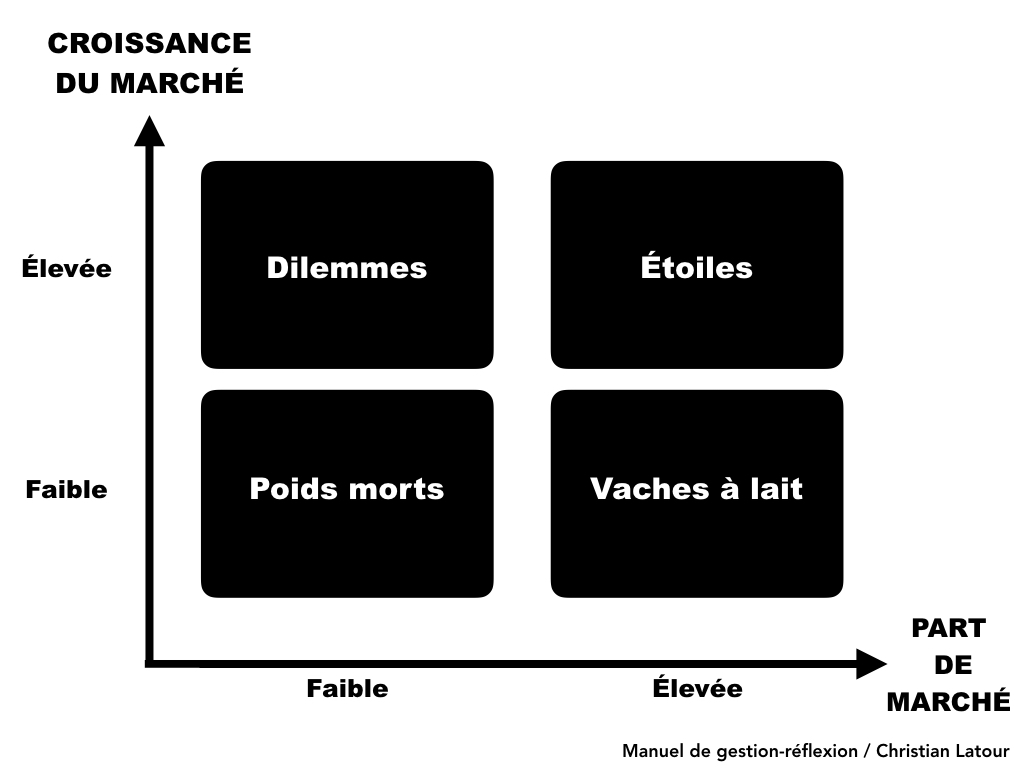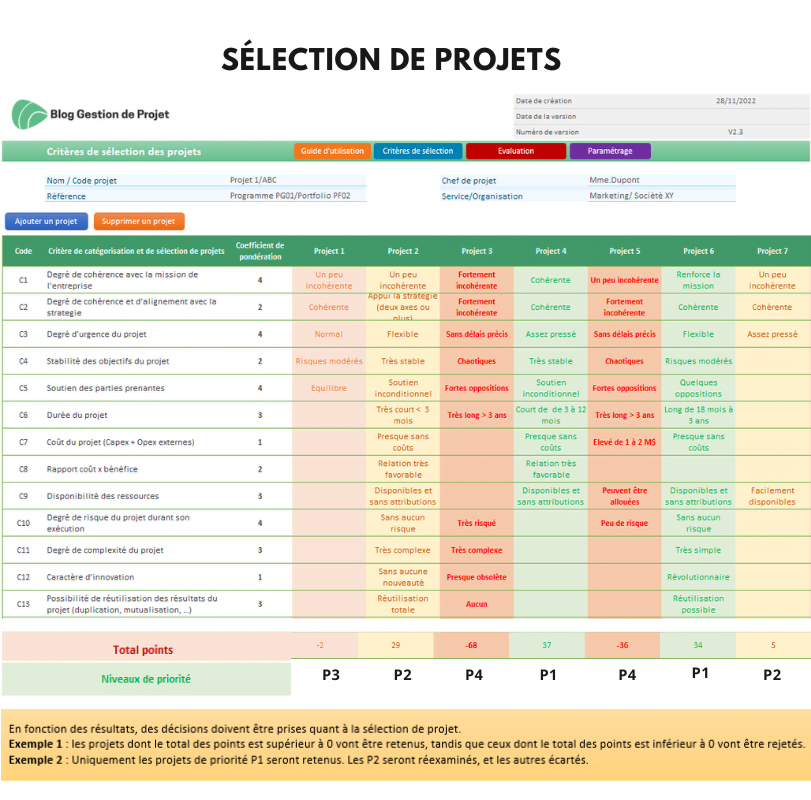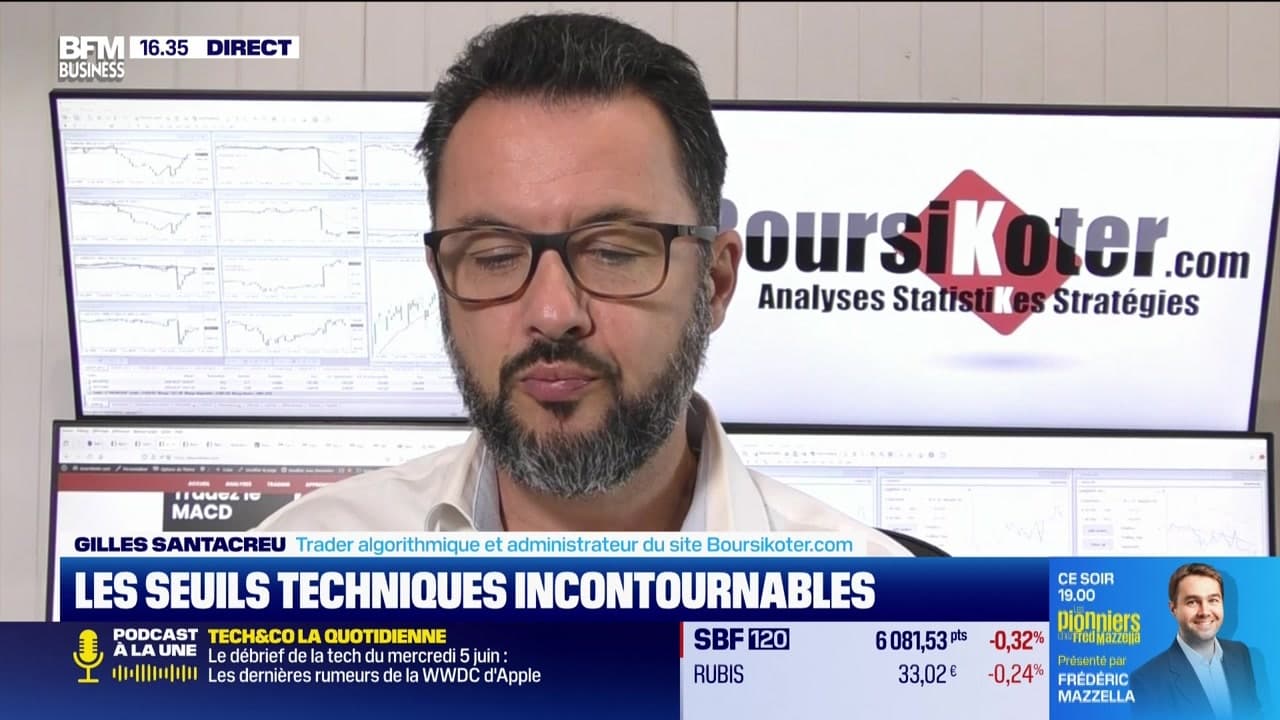Meta Faces FTC: A Deep Dive Into The Instagram And WhatsApp Antitrust Lawsuit

Table of Contents
The FTC's Case Against Meta: A Monopoly in Social Networking?
The FTC argues that Meta's acquisitions of Instagram in 2012 and WhatsApp in 2014 weren't simply strategic acquisitions; rather, they were deliberate actions to eliminate potential competitors and solidify its monopolistic grip on the social media market. This Meta antitrust lawsuit hinges on this core argument.
The Acquisitions of Instagram and WhatsApp: A Stifling of Competition?
The FTC contends that these acquisitions were anti-competitive, citing evidence suggesting Meta's intent was to prevent these platforms from becoming serious rivals.
- Market Share: Before the acquisitions, Instagram and WhatsApp boasted significant and rapidly growing user bases, posing a potential threat to Facebook's dominance. After the acquisitions, Meta's market share increased dramatically, further solidifying its position as the leading social media conglomerate.
- Internal Documents: The FTC presented internal Meta communications as evidence of a strategic plan to neutralize burgeoning competitors. These documents, if proven authentic and admissible in court, could be highly damaging to Meta's defense.
- Expert Testimony: Economic experts testifying for the FTC provided analysis supporting the claim that the acquisitions had a significant negative impact on competition, reducing innovation and consumer choice in the social media sector. This expert testimony will play a critical role in shaping the court's decision.
Stifling Innovation and Competition: A Monopolistic Tactic?
The FTC claims that by eliminating potential competitors, Meta stifled innovation and prevented the emergence of alternative social media platforms.
- Suppressed Competition: The lawsuit alleges that Meta actively suppressed potential competitors through acquisitions or by leveraging its market power to make it difficult for new entrants to thrive.
- Reduced Innovation: The lack of robust competition, according to the FTC, has resulted in reduced innovation in the social networking space, hindering the development of new features and functionalities that could benefit consumers.
- Data Privacy Concerns: The FTC also argues that Meta's monopolistic practices have had a detrimental impact on user data privacy, reducing consumer choice and control over their personal information.
Meta's Defense: Innovation, Integration, and Consumer Benefits
Meta vehemently denies the FTC's allegations, asserting that the acquisitions were beneficial for both users and the industry, stimulating innovation and integration.
Integration and Synergies: A User-Centric Approach?
Meta argues that the integration of Instagram and WhatsApp with Facebook has resulted in a superior user experience, offering seamless cross-platform functionality and improved efficiency.
- Cross-Platform Features: Meta points to the integration of features across its platforms, such as messaging capabilities and shared advertising systems, as evidence of positive synergies and benefits for users.
- Enhanced User Experience: The company argues that the integration has streamlined the user experience, making it easier for users to connect and interact across different platforms.
- Stimulated Innovation: Meta claims that the acquisitions led to innovations in areas like messaging, photo and video sharing, and business tools.
Denial of Anti-Competitive Practices: A Legitimate Business Strategy?
Meta contends that its actions were driven by legitimate business interests and denies any intention to engage in anti-competitive behavior. This is a central component of their defense in this Meta antitrust lawsuit.
- Rebuttal of Market Dominance: Meta challenges the FTC's assertion of market dominance, arguing that the social media landscape is dynamic and competitive, with numerous other platforms vying for user attention.
- Evidence of Competition: Meta plans to present evidence highlighting the competitive nature of the social media market, emphasizing the presence of other significant players and the continuous evolution of the industry.
- Focus on Consumer Choice: Meta's defense strategy also emphasizes the numerous choices available to consumers, asserting that users are not locked into its ecosystem and are free to choose from a range of alternative social media platforms.
Potential Implications and Future of Social Media Regulation
The outcome of this Meta antitrust lawsuit will have significant repercussions for the tech industry and social media regulation.
Impact on the Tech Industry: A Precedent-Setting Case?
This case will likely set a crucial precedent for future mergers and acquisitions in the tech sector, potentially altering the landscape of antitrust enforcement.
- Merger Review Processes: The lawsuit could lead to stricter scrutiny of tech mergers and acquisitions, potentially delaying or preventing future deals.
- Impact on Other Tech Giants: The outcome could influence regulatory actions against other large technology companies facing similar antitrust concerns.
- Legislative Responses: The case could spur legislative changes, leading to new laws and regulations aimed at curbing the power of Big Tech.
Consumer Impact: Changes in User Experience and Data Privacy?
The lawsuit's resolution will directly impact how social media companies handle user data and the level of competition in the market.
- Data Handling Practices: A ruling against Meta could result in stricter regulations on data collection and use, potentially benefiting users' privacy.
- Increased Competition: A successful FTC case could lead to increased competition in the social media market, offering consumers more choices and potentially lower prices.
- Broader Data Protection Implications: The outcome could influence broader data protection regulations, impacting the entire tech industry and its relationship with user data.
Conclusion: The Future of Social Media and Antitrust Enforcement
The Meta antitrust lawsuit marks a pivotal moment in the ongoing debate about regulating Big Tech. The FTC's challenge to Meta's acquisitions of Instagram and WhatsApp underscores the critical need for robust antitrust enforcement to prevent unchecked corporate power from stifling competition and innovation. While Meta’s defense focuses on integration and consumer benefits, the ultimate outcome will have profound implications for the future of social media, data privacy, and the broader tech landscape. Staying informed about further developments in this landmark Meta antitrust lawsuit is essential for anyone concerned about the balance of power in the digital age and the future of competition and innovation. Follow the developments in this crucial Meta Antitrust Lawsuit to understand its ongoing effects on the industry.

Featured Posts
-
 New Survey Reveals Trump Era Dashed Canadian Hopes Of Moving To The Us
Apr 23, 2025
New Survey Reveals Trump Era Dashed Canadian Hopes Of Moving To The Us
Apr 23, 2025 -
 Analyse De L Arbitrage Du Portefeuille Bfm Semaine Du 17 Fevrier 2024
Apr 23, 2025
Analyse De L Arbitrage Du Portefeuille Bfm Semaine Du 17 Fevrier 2024
Apr 23, 2025 -
 Jackson Chourio Fuels Brewers Win With Homer And 5 Rbis Against Rockies
Apr 23, 2025
Jackson Chourio Fuels Brewers Win With Homer And 5 Rbis Against Rockies
Apr 23, 2025 -
 Arbitrage Et Gestion De Portefeuille Bfm Analyse Hebdomadaire Du 17 Fevrier
Apr 23, 2025
Arbitrage Et Gestion De Portefeuille Bfm Analyse Hebdomadaire Du 17 Fevrier
Apr 23, 2025 -
 Alerte Trader Maitriser Les Seuils Techniques Pour Le Trading
Apr 23, 2025
Alerte Trader Maitriser Les Seuils Techniques Pour Le Trading
Apr 23, 2025
